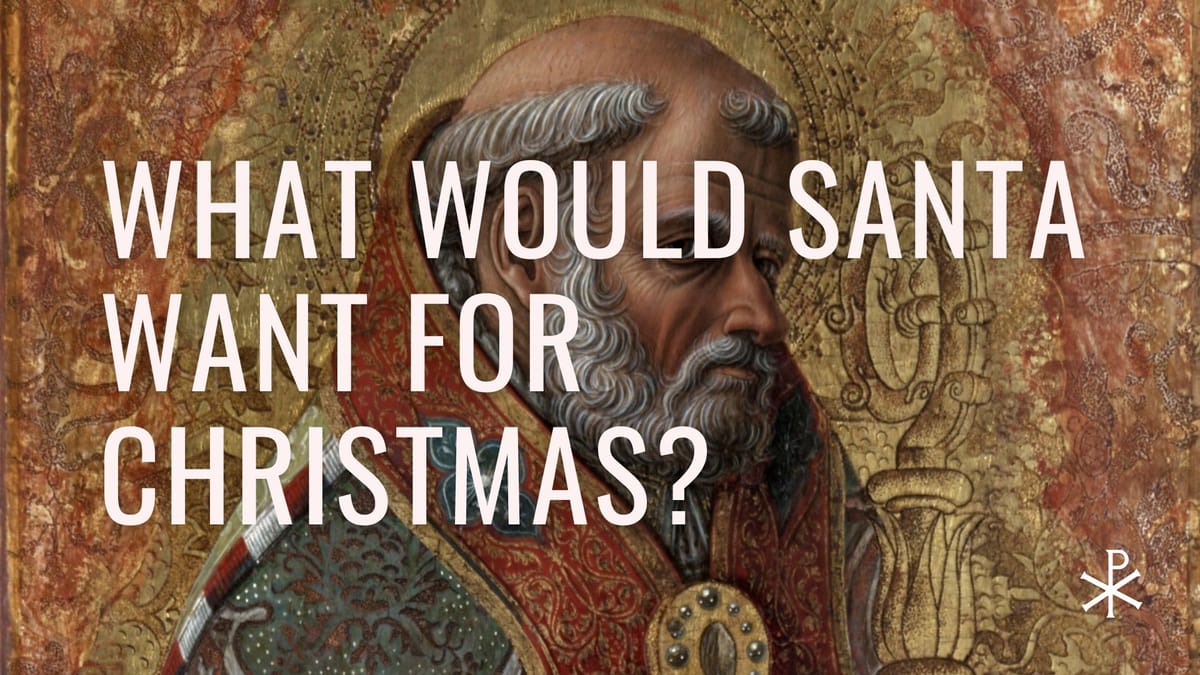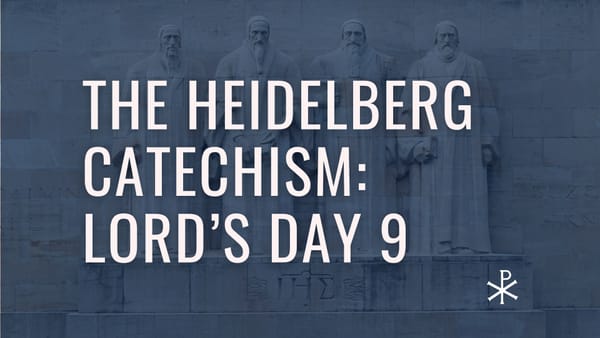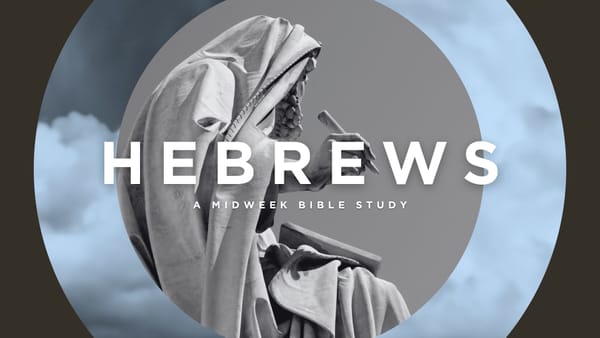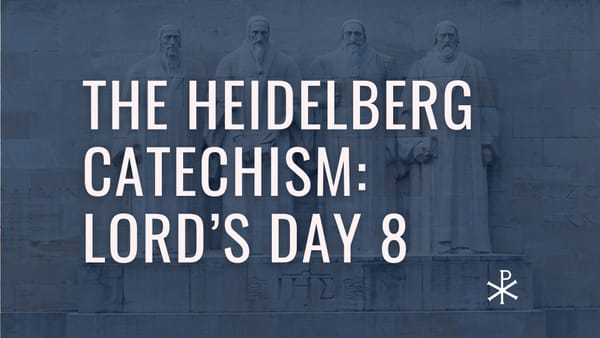What Would Santa Want for Christmas?
Saint Nicholas wouldn’t want to distract us from Christmas’s true meaning. He would want us to celebrate it the way he did: by worshiping the Christ who gave us everything.

When you think of Santa Claus, what comes to mind? Probably a cheerful, red-suited figure with a sack of toys, riding a sleigh pulled by reindeer. It's a comforting image, but one popularized only in the last century or so. Coca-Cola's 1930s advertisements, for example, cemented the image of Santa as a plump, beaming man in a fur-lined red suit, sipping some Coca-Cola from a glass bottle while preparing for his Christmas Eve journey (no wonder he stayed up all night, rocketing around the world, and delivering presents!). Earlier still, Clement Clarke Moore's 1823 poem A Visit from St. Nicholas (known more popularly as The Night Before Christmas) introduced the idea of a "jolly old elf" with reindeer and a sleigh. Thomas Nast's 19th-century illustrations added details like the North Pole and the naughty-and-nice list.
But what if I told you that the real Santa Claus wasn't a jolly toymaker, but a pious and learned Christian bishop? A man profoundly shaped by the gospel of Jesus Christ? What if his life and legacy have more to teach us about Jesus than stockings and gift lists? The true story of Saint Nicholas offers us a glimpse not of a magical gift-giver, but of a faithful servant of Christ who embodied the spirit of generosity in response to the grace he received. It's a story that challenges us to think differently about Christmas—not as a season of "earning" rewards, but as a celebration of the unearned gift of God's love in Christ.
The Real Saint Nicholas: Christ-centered, Gospel-driven Generosity
Nicholas wasn’t a man driven by sentimentality, but rather the gospel. Born into wealth, he lost his parents at a young age and inherited a significant fortune. But rather than spending it on himself, Nicholas dedicated his life and resources to serving others. He gave secretly to the poor, rescued the vulnerable, and defended the powerless.
One of the most well-known stories about him recounts how he delivered bags of gold to save three sisters from a life of desperation, enabling them to marry rather than be sold into servitude. According to legend, the gold landed in stockings hung by the fire to dry. It’s a heartwarming (if only apocryphal) tale—but what drove Nicholas wasn’t merely the desire to spread cheer. It was his deep conviction that Christ had given him everything. His generosity wasn’t about earning favor or feeling good about himself; it was a response to God's grace by helping others.
Nicholas’s faith wasn’t only practical though; it was well-informed and doctrinal. He attended the Council of Nicaea in 325 AD, where he is said to have fiercely defended the divinity of Christ against the heretic Arius. For Nicholas, Christmas wasn’t just a sentimental and nostalgic season of kindness; it was the celebration of the Incarnation—the astonishing reality that God Himself came into the world to save us.
The Modern Santa: Peformance-based Conditionality
Over time, Saint Nicholas’s story transformed into the Santa Claus we know today, with something significant lost along the way. Santa became a symbol of moral performance. We tell children that he rewards the “good” with gifts and leaves coal for the “naughty.” It’s a charming tradition, but it subtly reinforces a message that stands at complete odds with the gospel: the idea that our worth is tied to our behavior.
The gospel tells a radically different story. It says that we are all “naughty.” Romans 3:23 puts it bluntly: “All have sinned and fall short of the glory of God.” But instead of condemning us, God sent His Son to save us—not because we were good enough, but because He is scandalously gracious. Jesus didn’t come to give gifts to the deserving; He came to give Himself to the undeserving.
If we reduce Saint Nicholas to a symbol of “earning” gifts, we miss the point of his life. Nicholas knew that he could never earn God’s favor, and he didn’t try to. Instead, he lived a life of radical generosity because he knew he had already received the greatest gift: salvation through Jesus Christ.
What Would the Real Santa Want? The Worship of Jesus Christ
If Saint Nicholas were here today, I don’t think he’d object to children enjoying Santa Claus. But he would want us to reclaim the deeper meaning of his story. He would remind us that Christmas is about grace—not works, not performance, but the unmerited favor of God breaking into history to rescue sinners. He would call us to worship the Christ he defended and adored.
Nicholas’s generosity wasn’t about spreading holiday cheer for its own sake. It was about pointing others to God's ultimate Gift: His Son. He would urge us to do the same: to let our celebrations, giving, and traditions reflect Christ's love. And he would challenge us to see Christmas not as a sentimental holiday but as an invitation to marvel at the miracle of Christ's Incarnation.
Come and Celebrate the Greatest Gift
So, how should we celebrate Christmas Eve? Not by rejecting Santa Claus, but by letting his story point us to Jesus. That's what the real Santa would want for Christmas.
This Christmas Eve, you’re invited to come and worship the Savior who came not for the “good boys and girls,” but for all of us who fall short. If you're in the Pittsburgh area and don't have a church home, join us at First Free Church at 7:00 PM for a candlelit service filled with carols, Scripture, and the hope of the gospel. If you are homebound or live someplace else, you can always join us online for a livestream of our service.
Christmas is about more than stockings and stories. It’s about God’s unthinkable generosity—the kind Nicholas sought to reflect in his own life. Let’s gather to worship the One who gave Himself for us, and let the joy of the season remind us that in Christ, we have everything we need.
After all, Saint Nicholas wouldn’t want to distract us from Christmas’s true meaning. He would want us to celebrate it the way he did: by worshiping the Christ who gave us everything, even Himself.




